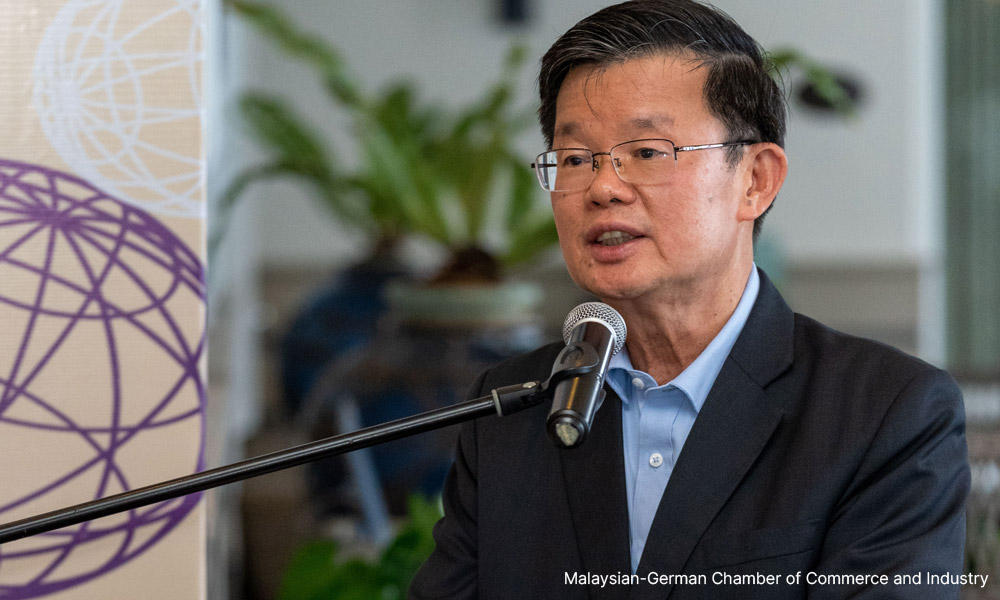Former Penang chief minister Lim Guan Eng has expressed concern over the state government’s decision not to call for a special state legislative assembly sitting to amend Article 14A of the state constitution concerning party-hopping.
This came after his successor, Chow Kon Yeow, said Lim’s call for the state constitution to be amended in line with the amended Article 10(1)(c) of the Federal Constitution, was somehow untenable.
“The need to amend the state constitution to remove any doubt that it contradicts the Federal Constitution is the legal opinion of DAP lawyers as well as the considered view of DAP Legal Bureau chief and Bukit Gelugor MP Ramkarpal Singh,” said Lim.
“In my capacity as the then chief minister, I had moved in the state assembly in 2012 to amend the state constitution to ban party-hopping by state assemblypersons who either resigned or were expelled from their party.
“Much as I support these 2012 amendments, my concern is that they should not be inconsistent with the new Federal Constitution amendments passed by Parliament which regarded the resignation but not the expulsion of a member as party-hopping,” he said.
“However, if the state government feels that there is no need to amend the state constitution to align it with the Federal Constitution, then I have at least done my duty as a state assemblyperson to voice out such concerns,” he said.
Lim, who is Bagan MP and Air Putih state assemblyperson, had repeatedly urged Penang to amend the state’s anti-hopping enactment to be aligned with federal legislation, which was passed by Dewan Rakyat in July and subsequently in Dewan Negara last month.
‘Disservice to Penang voters’
Earlier today, Chow said Lim’s proposal constitutes a disservice to Penang voters.

“With the greatest respect, the proposal is untenable and if acted upon, would surely constitute a great disservice to the Penang voters,” Chow said in a statement.
“In fact, Article 14A provides for, among others, expulsion from one’s political party as a ground to vacate the Penang state assembly seat(s) in question.
“While expulsion is not provided for under the amended Federal Constitution, we must remind ourselves that Article 14A was enacted and passed in its current form (expulsion included) with more than two-thirds majority in the state assembly way back in 2012.”
Chow said the 2012 amendment was done both by himself and Lim while they were fully aware that the Federal Court had in 1992 ruled that the freedom of association is guaranteed under Article 10(1)(c) of the Federal Constitution.
Chow also pointed out that the Federal Court had most recently on Aug 3 unanimously ruled that Penang’s “Article 14A of the state constitution is not void as it is not inconsistent with Article 10(1)(c) of the Federal Constitution”.
“The apex court ruling illuminated this important position that an elected representative’s ability to change or have changed his membership of a political party does not take on the character of the personal right of a citizen to form associations as envisioned in Article 10(1)(c) of the Federal Constitution.
“Lest we forget, we decided to press ahead with Article 14A, guided by our belief that the voters deserve a stable and credible state government that respects the given mandate.
“To now sing a different tune that compromises Article 14A more so when our position is vindicated by the Federal Court’s unanimous decision, is short-changing everyone who believed in us,” he said.
“Therefore, Article 14A shall remain as it is and there shall not be any special sitting to amend the Penang State Constitution in respect of Article 14A,” stressed Chow. - Mkini

No comments:
Post a Comment
Note: Only a member of this blog may post a comment.